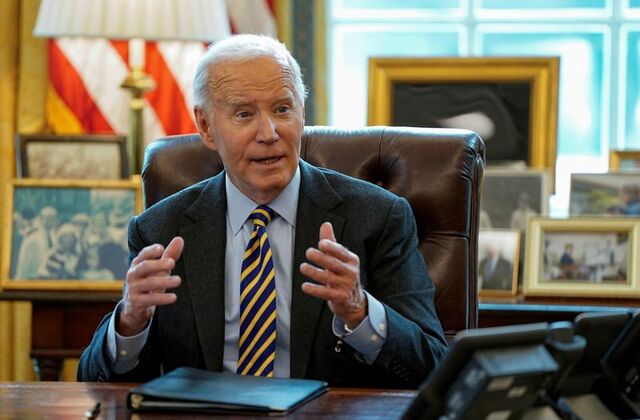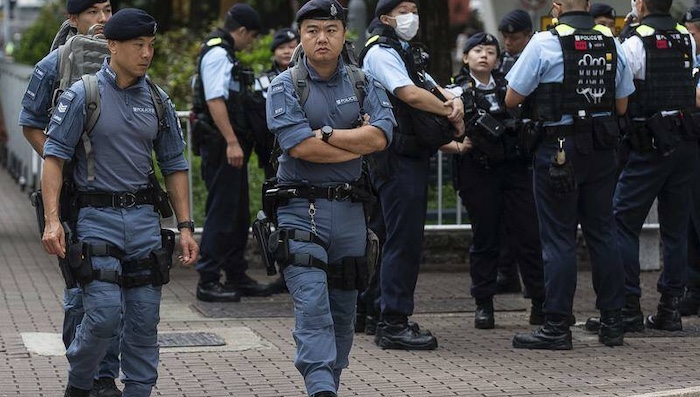The Biden administration has extended Temporary Protected Status (TPS) for immigrants from Venezuela, El Salvador, Ukraine, and Sudan, providing deportation relief and work permits for an additional 18 months. The announcement, made on Friday, delays any efforts by President-elect Donald Trump to end these protections after he takes office on January 20.
The Department of Homeland Security (DHS) confirmed that the extension will benefit approximately 900,000 immigrants, allowing them to remain legally in the United States. TPS is granted to individuals from countries affected by natural disasters, armed conflicts, or extraordinary crises. Under President Joe Biden’s leadership, TPS eligibility has been significantly expanded, now covering over 1 million people from 17 nations.
During his first term, Trump sought to terminate most TPS enrollments but faced numerous legal challenges. His campaign rhetoric suggests he plans to pursue aggressive immigration policies, but Friday’s extensions will make it more difficult for the incoming administration to reverse these protections quickly.
Todd Schulte, president of advocacy group FWD.us, praised the extension, emphasizing its economic and community benefits. However, he also called for further expansions, including TPS protections for Nicaraguans.
Venezuelans represent the largest group under the program, with 600,000 eligible individuals. The Biden administration first granted TPS to Venezuelans in 2021, citing ongoing political and economic instability under President Nicolas Maduro, who began his third term on Friday.
While some activists and Democratic lawmakers have urged the administration to extend TPS to additional nations and include more recent arrivals, Friday’s decision secures protections for those already enrolled. This ensures that hundreds of thousands of individuals can continue to work and contribute to the economy.
As Trump prepares to return to the White House, the Biden administration’s actions aim to protect immigrant communities from abrupt policy changes and preserve legal protections for individuals from vulnerable regions. The extension reinforces the administration’s commitment to maintaining stability for those facing extraordinary challenges abroad.


























